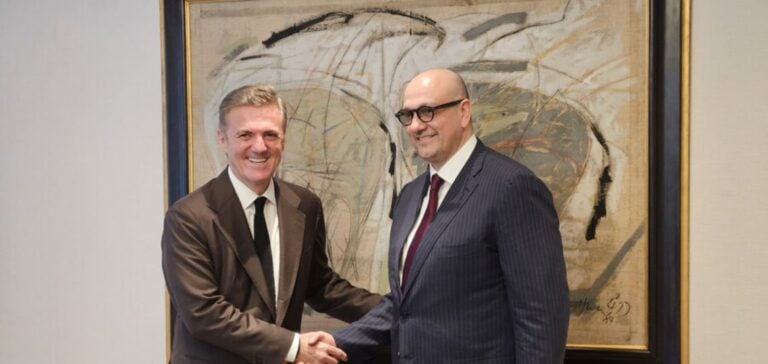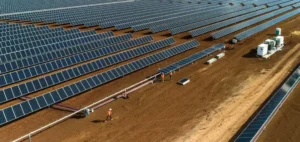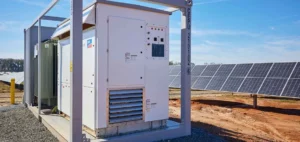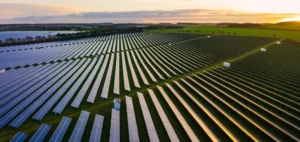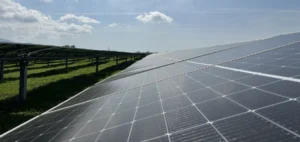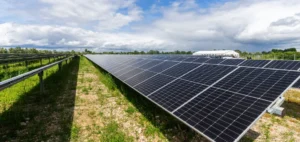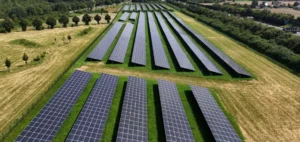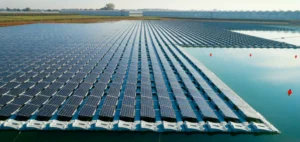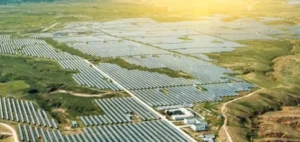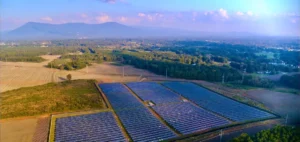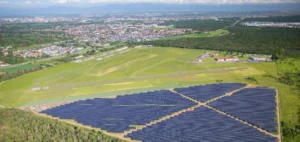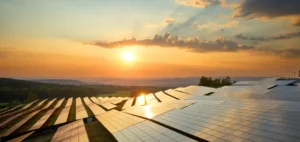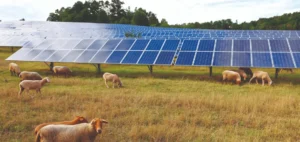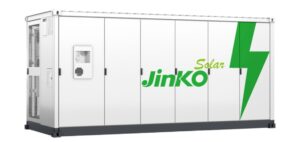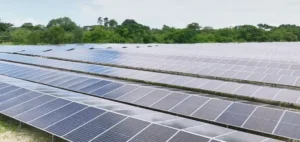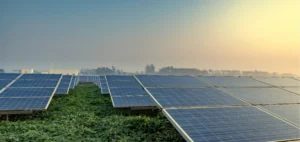Masdar signs an agreement with Endesa, a subsidiary of Enel, to become a partner in 2.5 gigawatts (GW) of renewable energy assets in Spain.
The deal, valued at €1.7 billion, represents one of the largest renewable energy transactions in Spain in recent years.
Masdar is investing €817 million to acquire a 49.99% stake in solar power plants totaling 2 GW, with a 0.5 GW battery energy storage option. This transaction strengthens Masdar’s position in the European market, contributing to the European Union’s goal of achieving carbon neutrality by 2050.
The projects acquired include 48 operational solar power plants across Spain, one of the largest solar markets in the EU.
A Partnership for a Sustainable Energy Future
In addition to the acquisition, Masdar and Endesa have signed a Memorandum of Understanding (MoU) to explore an alliance to jointly develop renewable energy projects in Spain.
This partnership demonstrates Masdar’s commitment to accelerating the energy transition in Europe.
Indeed, these solar projects play a crucial role in helping Spain achieve its National Climate Energy Plan (PNEC) and the EU’s carbon neutrality targets.
Masdar recently announced an agreement with GEK TERNA SA in Greece to acquire a 67% stake in TERNA ENERGY, strengthening its presence in Europe with a targeted operational capacity of 6 GW by 2030.
At the same time, Masdar and Iberdrola are finalizing financing for the 476 MW Baltic Eagle offshore wind project.
Growth prospects and future developments
Masdar’s acquisition of these solar assets is part of a wider strategy to achieve a global renewable energy capacity of 100 GW by 2030.
Masdar’s presence in Spain already includes the 1.2 GW Almenara project in Castilla la Mancha.
This partnership with Endesa marks a significant step forward in Masdar’s growth plans in Europe, supported by financing and advice from renowned entities such as BNPP, Santander and PwC.
This development aligns with Masdar’s vision of becoming a world leader in clean, sustainable energy production.
The directors of Masdar, Endesa and Enel are optimistic about the impact of this transaction on Europe’s energy transition.
Dr Sultan Al Jaber, Chairman of Masdar, stresses the importance of this partnership in achieving the company’s growth objectives, particularly in the context of COP28.
This strategic transaction not only supports Spain’s and the EU’s energy ambitions, but also strengthens Masdar’s position as a key player in the renewable energies sector.
This partnership with Endesa is an example of international cooperation aimed at accelerating the global energy transition.

